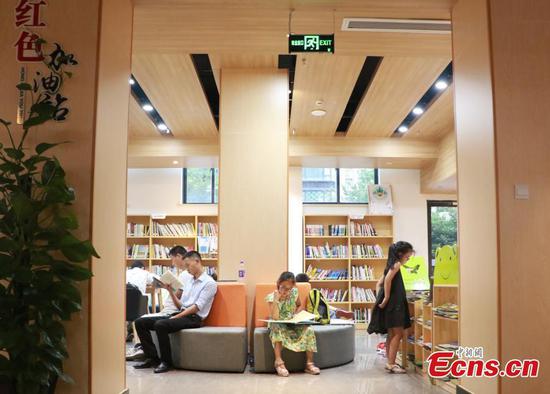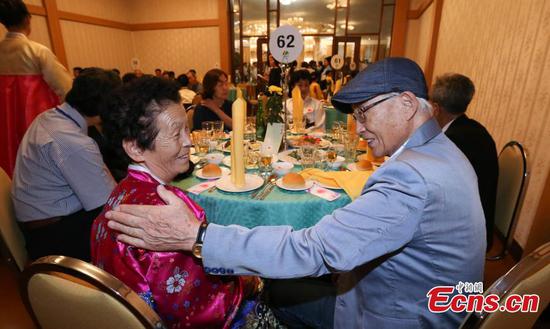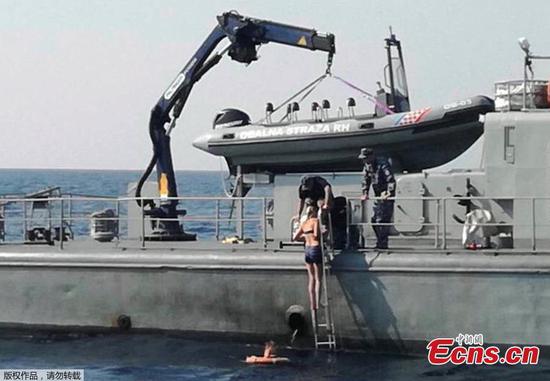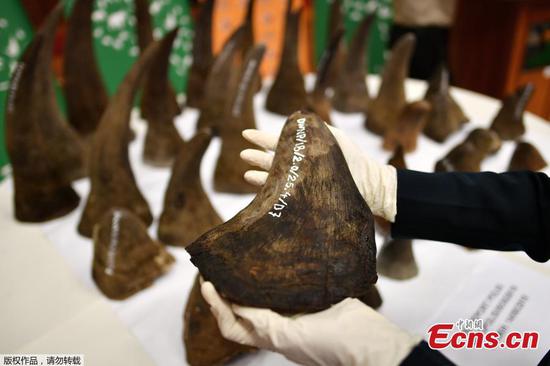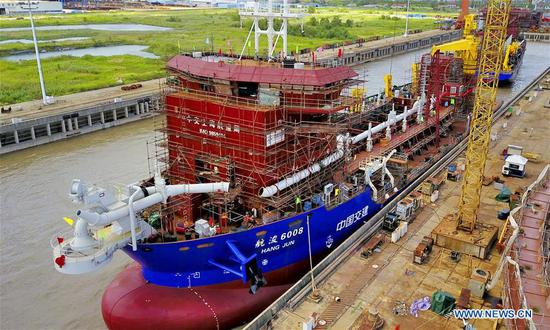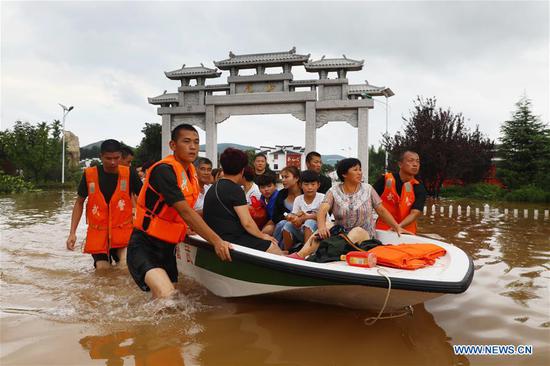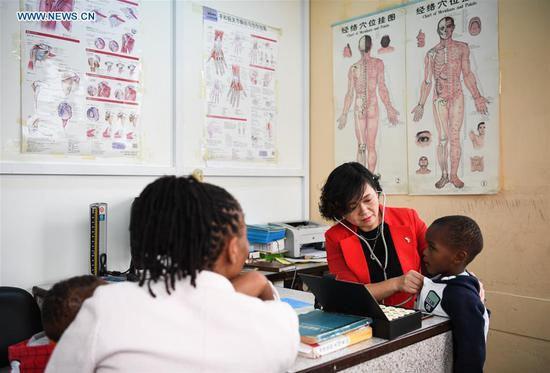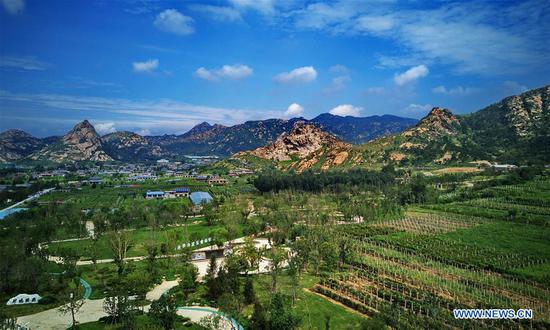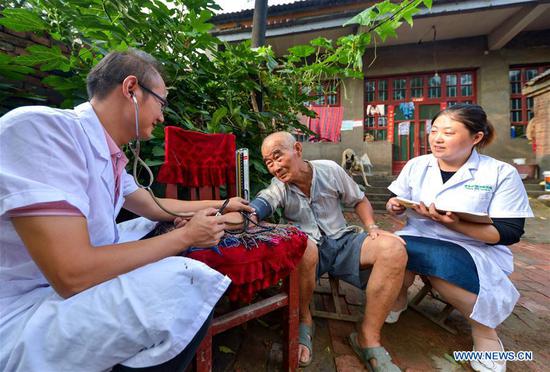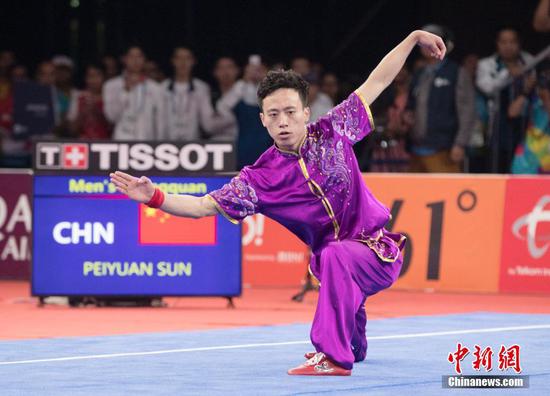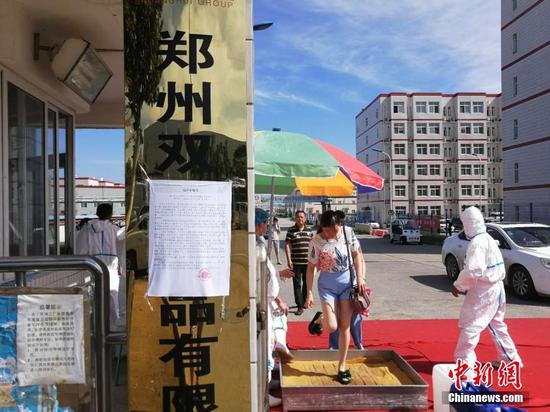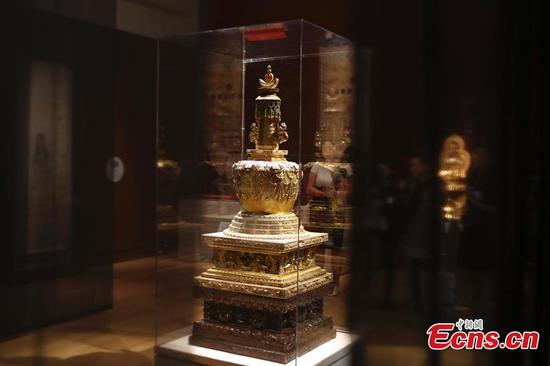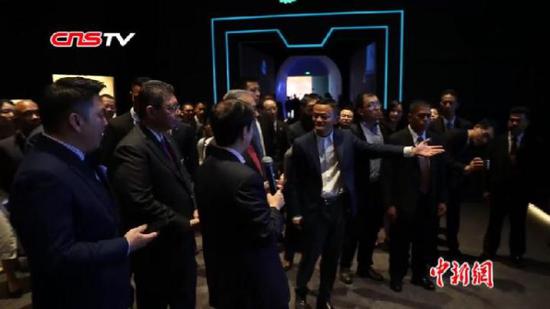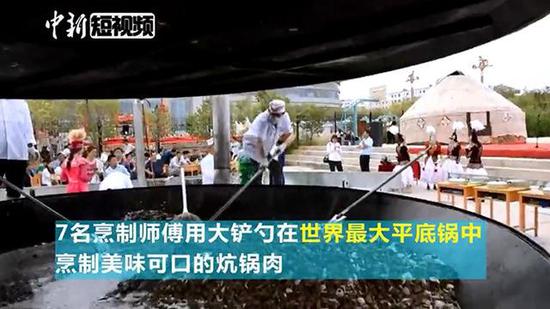Forty years ago, China embraced reform and opening-up. As part of the groundbreaking policy, then Chinese leader Deng Xiaoping, the primary architect of China’s economic reforms, started sending Chinese students and scholars overseas to further their study every year since 1978. Over the past four decades, the overseas Chinese population has mushroomed on the base of the first batch of 3,000. Since then, they have contributed to phenomenal developments in high-tech, new disciplines, and key industries, largely revving up China’s modernization drive.
Now that dramatic changes are taking shape on the global landscape to feed growing pessimism about globalization, how can they cope with challenges ahead and continue contributing to the common development of mankind in the next four decades? Follow CGTN Digital to explore the views of influential scholars who studied abroad during the early stage of China’s reform and opening-up, at the annual conference of the Western Returned Scholars Association hosted by the Center for China and Globalization (CCG).
Zhao Suisheng, director of the Center for China-US Cooperation at University of Denver's Josef Korbel School of International Studies, and founder of Journal of Contemporary China
I belong to the fifth generation of overseas Chinese students. I went to the US in the mid-1980s and spent 33 years there since then. Members of the fifth generation are actually beneficiaries of the reform and opening-up policy and also the globalization trend. We are supposed to stay committed to furthering domestic reform and ratcheting up globalized development, which is a tough mission in the present-day world.
Some experts talked about the Donald Trump revolution. I don’t know whether he waged a revolution or not, but I know clearly that he initiated anti-globalization, which has now morphed into a movement. How to fight the anti-globalization force has become a new major task for us. We shall continue learning from other countries and improving ourselves so that China will have a bigger say in global governance.
Pan Qingzhong, executive dean of Schwarzman Scholars Program at Tsinghua University
Actually, all Chinese, from government officials to the general public, have a common ideal: a fusion of civilizations and progress for mankind. The past four decades and the future four decades are part of the long-drawn history of human civilization.
No matter where we go, we shall bear in mind the importance of understanding different peoples and cultures. Over the past years, an increasing number of Chinese have been to places that need them most, like migratory birds, not only to the US and Western European countries. When I visited Nigeria, Kazakhstan and several other nations on the Belt and Road, I found many senior staff from Chinese corporations working there. So it’s fair to say that where there is a market, there is talent.
Statistics reveal that around 60,000 Chinese students went to countries involved in the Belt and Road Initiative for further study. They will have a variety of diversified opportunities in the future.
Hua Xinghong, managing director and head of China at Cerberus Capital Management LP
The moment humans ventured out of Africa (60,000 years ago), globalization began. The process is long and painstaking. Today, we witness a very glorious fusion of civilizations built up by a population of 7.6 billion. So communication plays a crucial role in binding us together and making us stronger.
Forty years ago, my fellow peers and I went to the US to further our study. We studied hard and worked laboriously, first to survive and later to realize our dreams. We have now either returned to start our own business or contributed to American society. It’s actually an interaction process that has benefitted both sides.
At present, the unfolding trade war must be what concerns Beijing and Washington the most. However, it’s not a bad thing for it showcases that we have grown stronger – the Chinese nation, people and culture have grown stronger so that the world’s biggest economy starts to value us, whether it takes us as a healthy competitor or a warring enemy. We have reasons to be proud of our achievements in the past four decades.
But we still need to improve on our soft power. In the next 40 years and even in the next century, China will be in a flourishing age. An important task for us is to have more respect and understanding of other cultures while clinging to our soul. Without diligence, tolerance and willingness to learn, which are the traditional merits of the Chinese nation, we will not gain respect from others and will encounter obstacles in tangible areas.
In the era of globalization, accentuating our individuality is becoming increasingly important. In the face of prevailing protectionist measures, we should cherish the tradition of accommodating different civilizations and learning their advantages. When we can consider the perspectives of others, we will make greater, more sustained contributions to the world.













